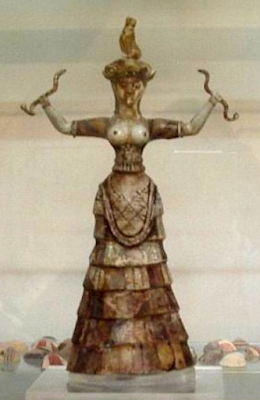Dear Readers,
I will now publish (in the blog post sense) the world's shortest novel for you, dear reader!
You recall my project for this year of writing a novel, which came about from being inspired by the
Novel in a Month folks. I decided February was ideal for a month-long project, because it is short; the shortest, even.
On February first, I began. I typed into my computer for a good long time, trying not to judge my work, but unable to keep the promise of never hitting the delete or backspace key. I just couldn't move on down the sentence with 'herad' there instead of 'heard.' After a while of never going much of any place, as in following a line this way, then cutting it off, and heading down another path, I thought, yes, this is writing a novel and I can do it. After more time, I thought I'd stop and review, just to see how many of the 2,000 daily words goal I had set down; surely something like 4,000 by now, I imagined.
522. Yes. I was done already, with only a quarter of the quota. I think I am done in fact, with novel writing, but I give it to you anyway, unedited, but fairly deeply and perhaps too harshly criticized:
The Near and the Far
They came in plaid dresses, six of them. They came to tell of what they’d seen and heard. The first asked if they ought to begin. No one said a word
The far. It was a long view. The light was coming in low and slanting under clouds. The hills had taken on a furzy appearance, like a mist was rising up from them. They seemed blurred, warm, and giving. This was to be the place of The Telling.
The near. As the women approached the hillside, they fidgeted with their cuffs, and straightened their hems. A few of the women were quite young, and wondered how The Telling would go. They asked each other questions and murmured encouragements.
What did they have to tell that anyone would want to hear?
The far. The walk had been long from the shore. They had met the boat, the ship, the birds that carried the messages. They wore plaid, because they’d made their dresses of old draperies that had been scavenged from abandoned seaside hotels. Simple sheaths, without sleeves, and wraps to cover their arms from the cold. Shoes were out of the question.
The near. One was the daughter of an older one- she would hold her mother’s hand as they walked. The mother and the daughter would talk more than the others. They said: when you see a sad thing, you feel sad, but when you think a sad thing, your feelings pass along ridges in your mind, changing into a story, and then, what does it become? Is it sadness anymore? Are sad stories more true than the happy ones, she would ask her mother. The others would listen, but they said very little in response to this pair and their conversation at first. Later, the other four would come to contribute to their conversations.
The far. It happened a long time ago, that the people moved away, most of them, to a far place that after a time, stopped sending messages back. It’s an old story, some of the tribe heads off to find a better land, a better way. Sometimes they return, some of them. But many evaporate into time and space. The distances, really, even between two people standing quite close are astronomical. They can’t be measured at all. Distance isn’t very easy to fool, or shorten, or shrink, despite what you may read.
The near. Sewing by hand, with dull needles, is slow. The space between where the needle slips under, and then back up again can be large or small, but if it is large, the wind can come through. So, they made the spaces small, and their fingers and hands would cramp and shake.
The far. When things first began to look lonely, they’d tell each other not to worry, that the others would return. Then, they spoke less and less of it.
The near. "When they come back, we will clear this debris, we will mend these things, and begin to organize.” They felt less and less like organizing, so they didn’t. They arranged rocks to make pathways, and lined up sticks in patterns. They wondered at their future and they made patterns. As before. The sticks had fallen from the trees for many years and they were of many lengths. Some would sort them by color, or texture. Many would arrange them by size.














